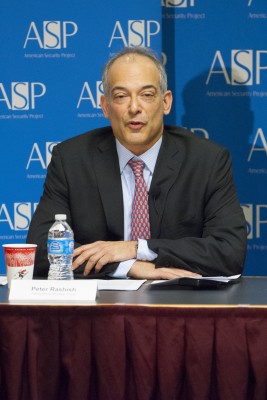
TTIP: A U.S. and European Perspective – Event Summary
Podcast: Play in new window | Download
Subscribe: Apple Podcasts | RSS
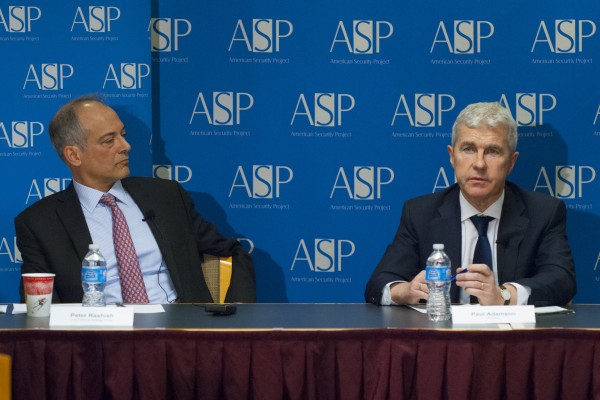
Peter Rashish (Left) and Paul Adamson (Right) discuss potential benefits and obstacles of the Transatlantic Trade and Investment Partnership (TTIP)
Today, the American Security Project’s event, TTIP: A U.S. and European Perspective, brought together Peter Rashish, a Senior Advisor for Europe and Transatlantic Trade at the Transnational Strategy Group, and Paul Adamson, editor-in-chief of E!Sharp and Senior European Policy Advisor for Covington & Burling. Far from being your typical free trade debate, the event took a more holistic perspective of the proposed Transatlantic Trade and Investment Partnership (TTIP), covering everything from concerns over regulatory policy all the way to the US geoeconomic interests at stake with TTIP.
Rashish opened with a gloomy hypothetical scenario of a failed TTIP: China gains traction with its more state-dominated model of capitalism and trade liberalization; Foreign investment begins to take flight from Europe due to the continuing burden of high energy prices; and finally, the US and EU are forced to suffer the embarrassing symbolic defeat of their retreating role in global economic leadership. While Rashish admitted to the embellishment of this crystal ball view, he nevertheless set up the theme that TTIP was much more than your typical 21st century free trade agreement.
While the lowering of tariffs even slightly between the world’s two largest economies would undoubtedly pose mutual economic gains, Rashish underlined that there was more to be gained through facilitating more efficient global supply chains, finding common ground on regulatory standards, and boosting US economic leverage internationally.
“TTIP is not a classical free trade agreement,” Adamson concurred. “It’s about the meat and potatoes—it’s about regulatory convergence.” Similar to the desire to converge rules of origin in TPP, TTIP stands as an opportunity to neaten regulatory standards between trading partners and boost trade and investment in the process.
With regard to the feasibility of passing TTIP, both Rashish and Adamson agreed that there was more common ground than realized between negotiators. Rashish outlined the bipartisan support present in US Congress. Adamson, meanwhile, explained how TTIP’s ostensible lack of transparency has been overstated by underlining the EU’s incorporation of new advisory committees that represent key public interests.
After departing from the event, one comes away seeing the many benefits of TTIP, as well as the political barriers that stand in its way. These barriers are being propped up by the many common foes within the “anti-trade” coalition. But to use Adamson’s words, “Cynics will be cynics.” As both speakers have shown, it is vital for both the US and EU to overcome the obstacles in front of them in order to reap the much larger gains from a transatlantic partnership.
To listen to the complete event, see the entire video recording below or click on the audio link.


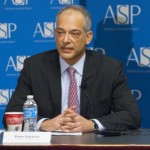

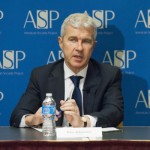
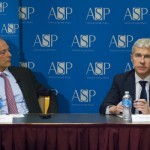






[…] would open up more doors for outside influence, particularly coming from energy-hungry China. Similar arguments have been given about TTIP/TPP, where many worry that the US role in the world economy would become […]
[…] TTIP: A U.S. and European Perspective – Event Summary […]
A U.S. and European Perspective – Event Summary […]
[…] TTIP: A U.S. and European Perspective – Event Summary […]
[…] TTIP: A U.S. and European Perspective – Event Summary […]
[…] TTIP: A U.S. and European Perspective-Event Summary […]